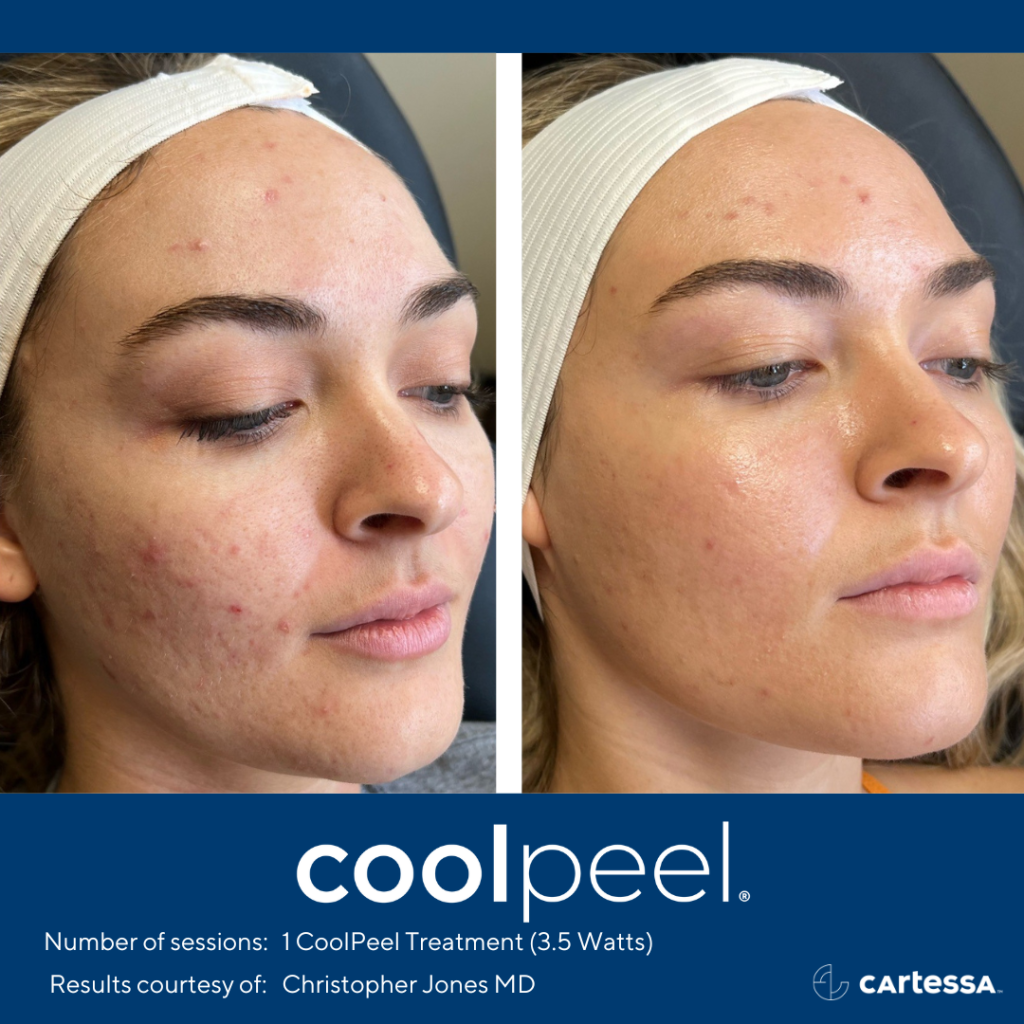Checking Out the most up to date Fads in Dermatology: Treatments and technologies
As the area of dermatology continues to evolve, groundbreaking technologies and cutting-edge treatment methods are changing person treatment. From the rise of telemedicine to the increasing usage of man-made intelligence, these developments supply improved analysis precision and personalized treatment alternatives.
Introducing Technologies in Dermatology: A Closer Appearance

The Rise of Personalized Dermatology Therapies
With the introduction of sophisticated modern technologies in dermatology, a remarkable change is observed towards even more customized therapy techniques. These methods usually stem from the understanding that each patient's skin is one-of-a-kind, needing individualized care. Ultherapy. Customized therapies aim to resolve particular skin concerns based on hereditary details, way of life elements, and specific feedbacks to therapies
Customized dermatology treatments can vary from bespoke skincare products to tailored healing strategies. The surge of personalized dermatology treatments indicates an extensive modification in person treatment, highlighting the person's special demands and actions.
Dermatology and the Effect of Artificial Intelligence
While customized therapies transform person care in dermatology, one more considerable improvement is caused by the combination of expert system (AI) AI algorithms, educated on large information sets of skin disease, show amazing diagnostic precision, rivaling that of knowledgeable skin doctors. This technology not just speeds up diagnosis but also equalizes accessibility to expert suggestions. In addition, AI's potential prolongs to forecasting therapy end results and personalizing treatment plans, boosting the efficiency of the present technique. The application of AI encounters challenges, such as information privacy worries and the need for further recognition of these innovations in diverse populations. Regardless of these difficulties, the impact of AI on dermatology is indisputable, pointing towards a future where technology and human proficiency operate in tandem for enhanced patient care.
The Expanding Appeal of Non-Invasive Skin-related Treatments
In the realm of dermatology, a noteworthy change is being observed in the direction of non-invasive procedures. These advanced techniques, such as laser microdermabrasion, treatment, and chemical peels, are getting appeal because of their very little recuperation time and reduced risk of difficulties. The pattern reflects a wider societal choice for fast, reliable therapies with little disruption to life. Non-invasive treatments usually offer a more budget-friendly alternative to medical interventions, making them available to a larger populace. This development in dermatology not just shows technological developments in the area but also shows changing client assumptions and go to this site needs. As this industry proceeds to expand, it is expected to form the future of dermatological therapies substantially.
Emerging Organic Treatments in Dermatology
Are organic treatments the next frontier in dermatology? Present trends recommend a favorable solution. Organic therapies utilize the body's immune system to eliminate diseases, such as psoriasis and atopic dermatitis. These treatments function by targeting certain components of the immune system, instead of taking a broad-spectrum method. They have the possible to give far better long-term monitoring of these problems, improving individuals' quality of life. One such treatment is Dupilumab, a monoclonal antibody that blocks 2 proteins causing swelling. Other organic therapies, like TNF inhibitors and IL-12/ 23 preventions, have actually likewise shown guarantee. Regardless of their advantages, these therapies are not without negative effects, and they need mindful monitoring. Their introduction stands for a substantial change in skin-related therapy approaches.
Conclusion
The landscape of dermatology is swiftly progressing, with innovations in telemedicine, expert system, and non-invasive treatments leading the means. Individualized treatments and arising biological therapies are redefining individual care. These growths highlight the industry's commitment to advancement and boosted individual results. As dermatology continues to grow and adapt, it continues to be a dynamic area that is poised to deliver increasingly efficient and targeted therapies.
As the area of dermatology proceeds to evolve, groundbreaking innovations and ingenious therapy methods are changing individual care.With the arrival of sophisticated technologies in dermatology, a significant change is observed in the direction of more individualized treatment techniques. Tailored treatments aim to deal with particular skin worries based on genetic details, lifestyle get more aspects, and individual reactions to treatments.
The increase of individualized dermatology treatments symbolizes a profound modification in person treatment, emphasizing the person's unique needs this link and feedbacks.
